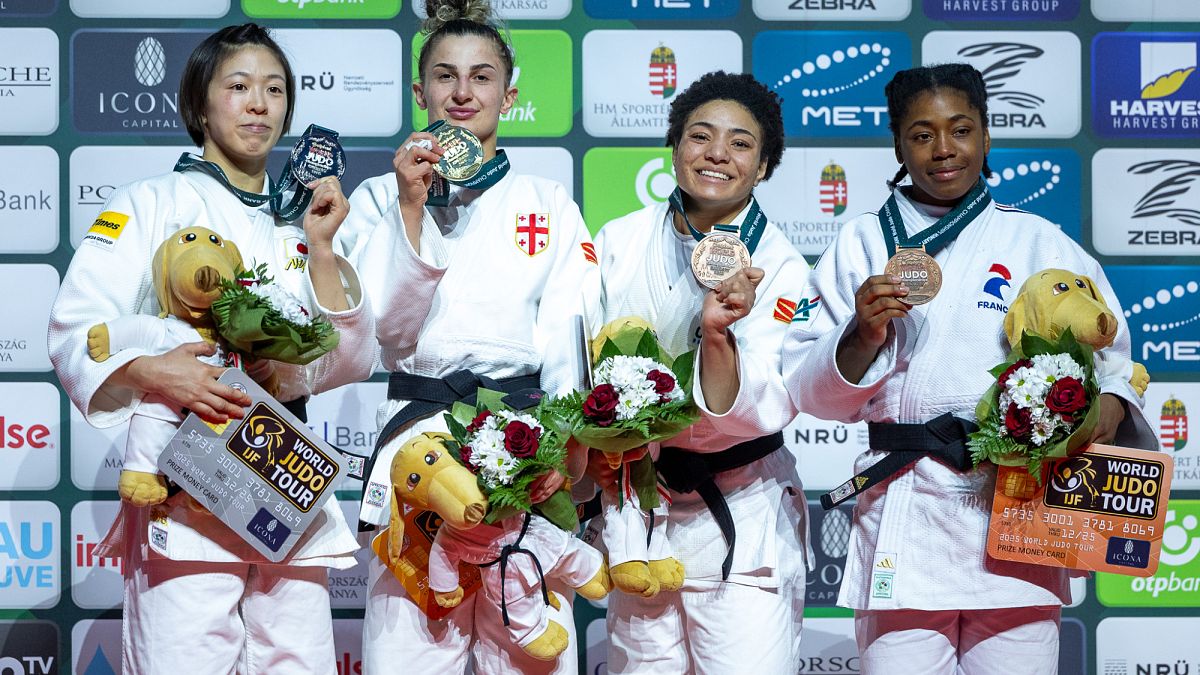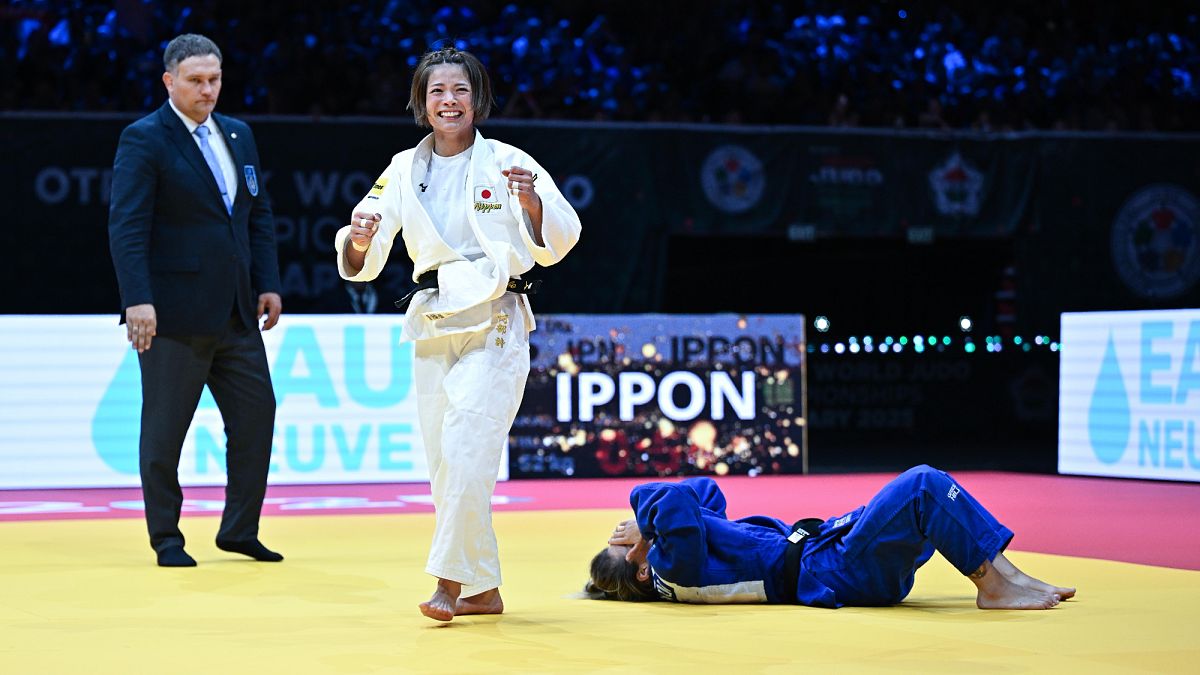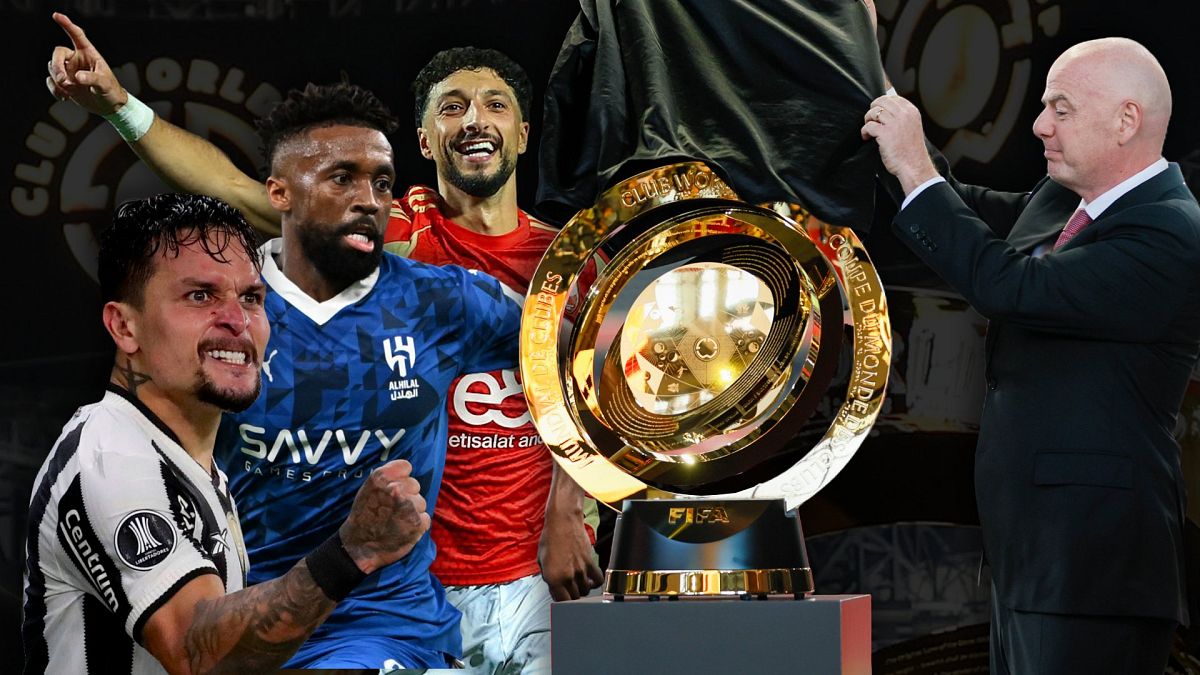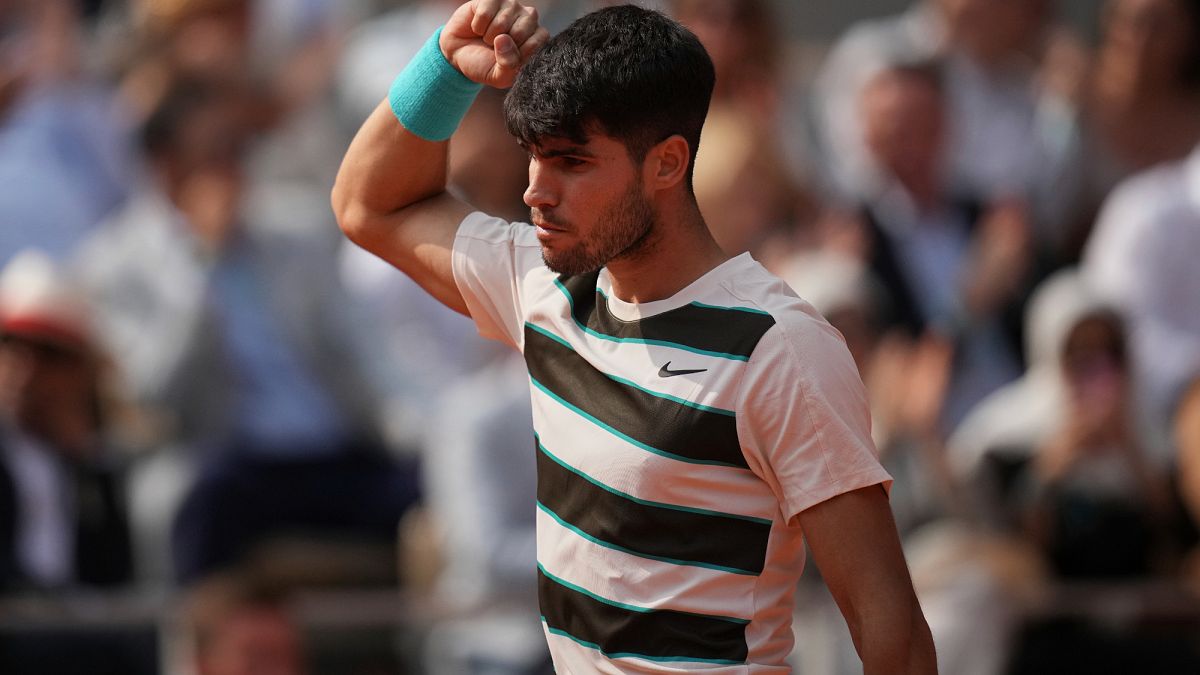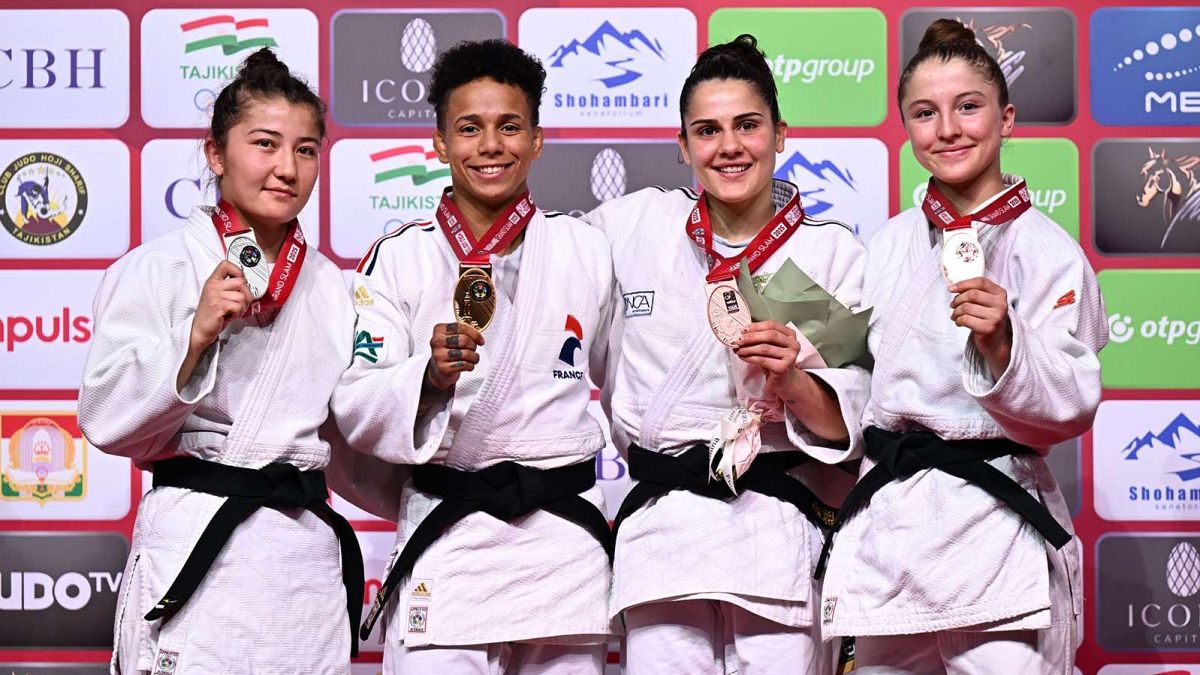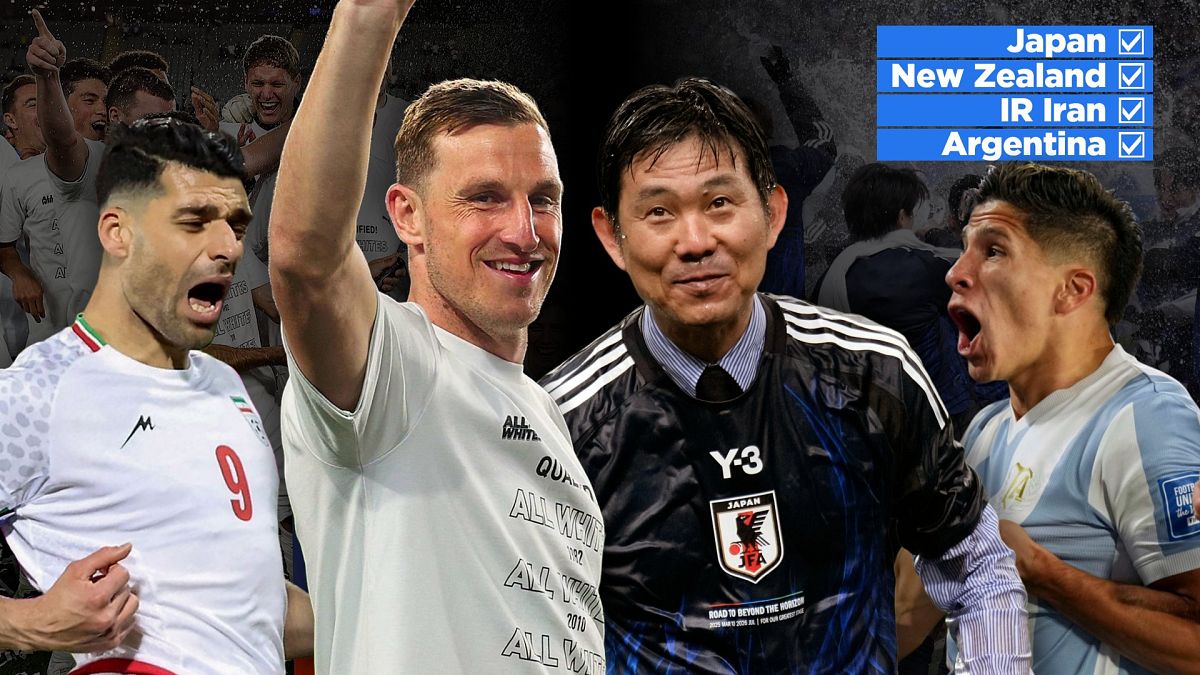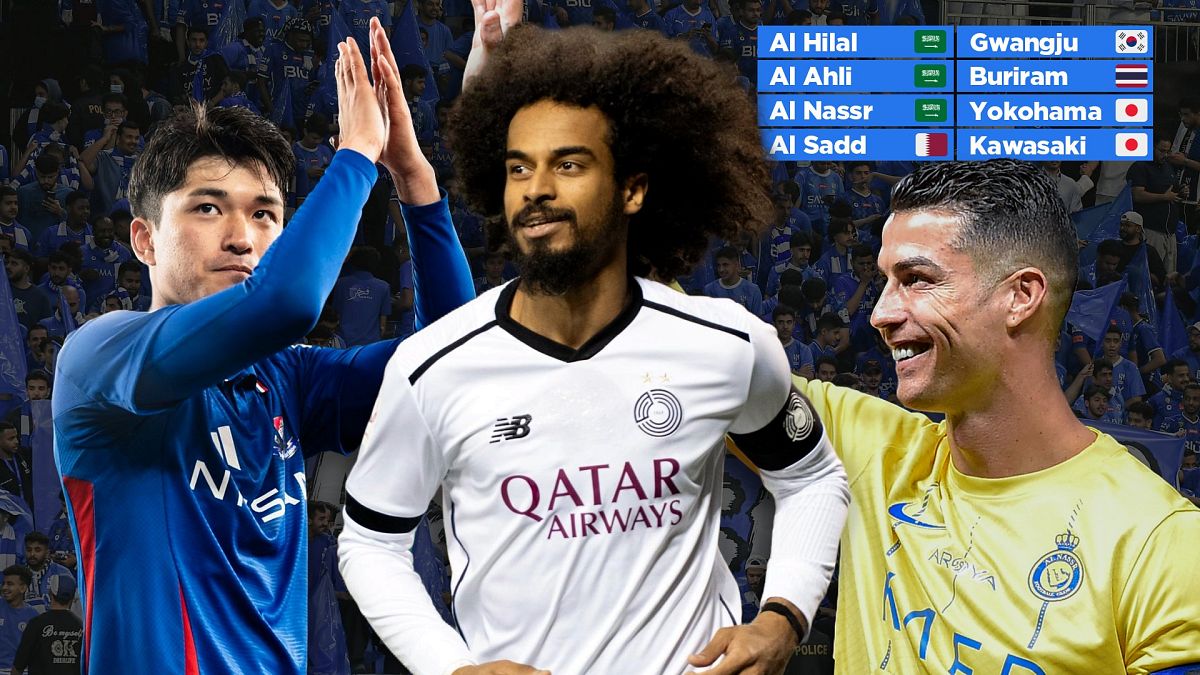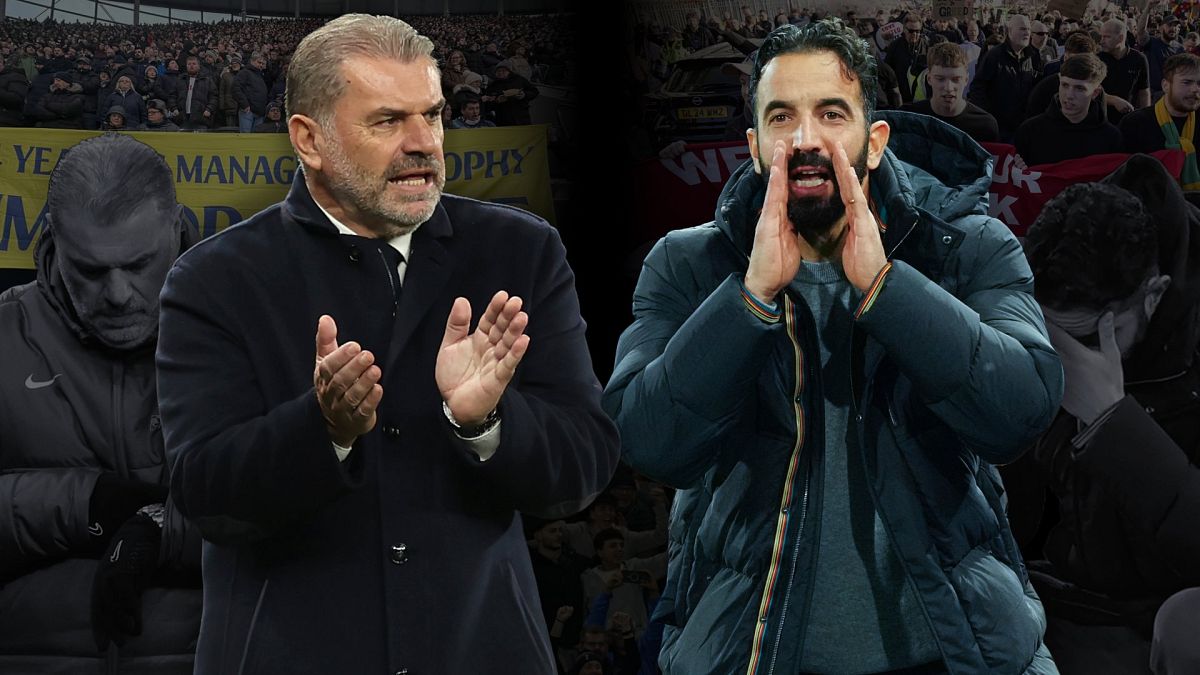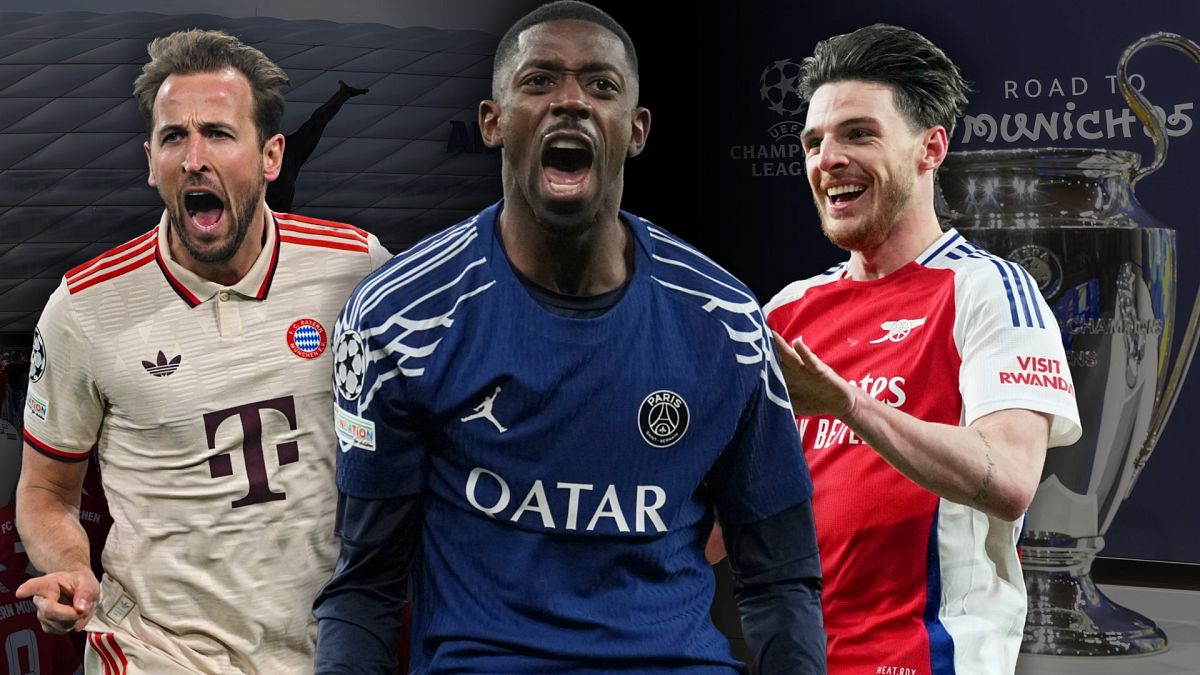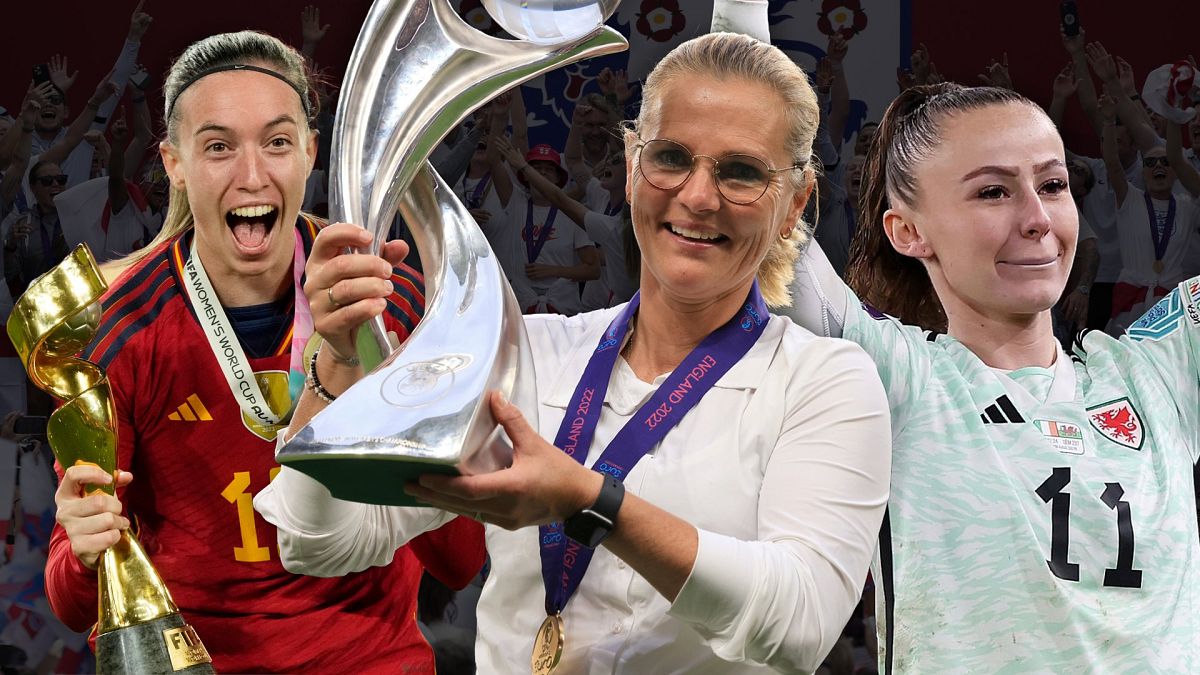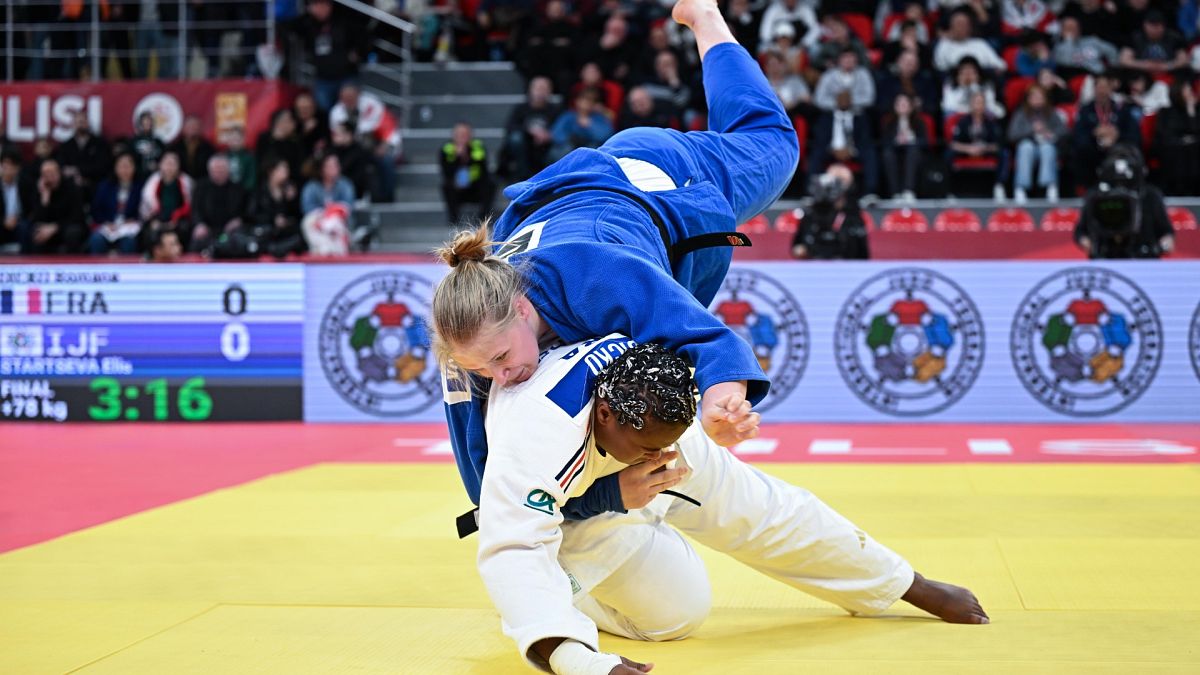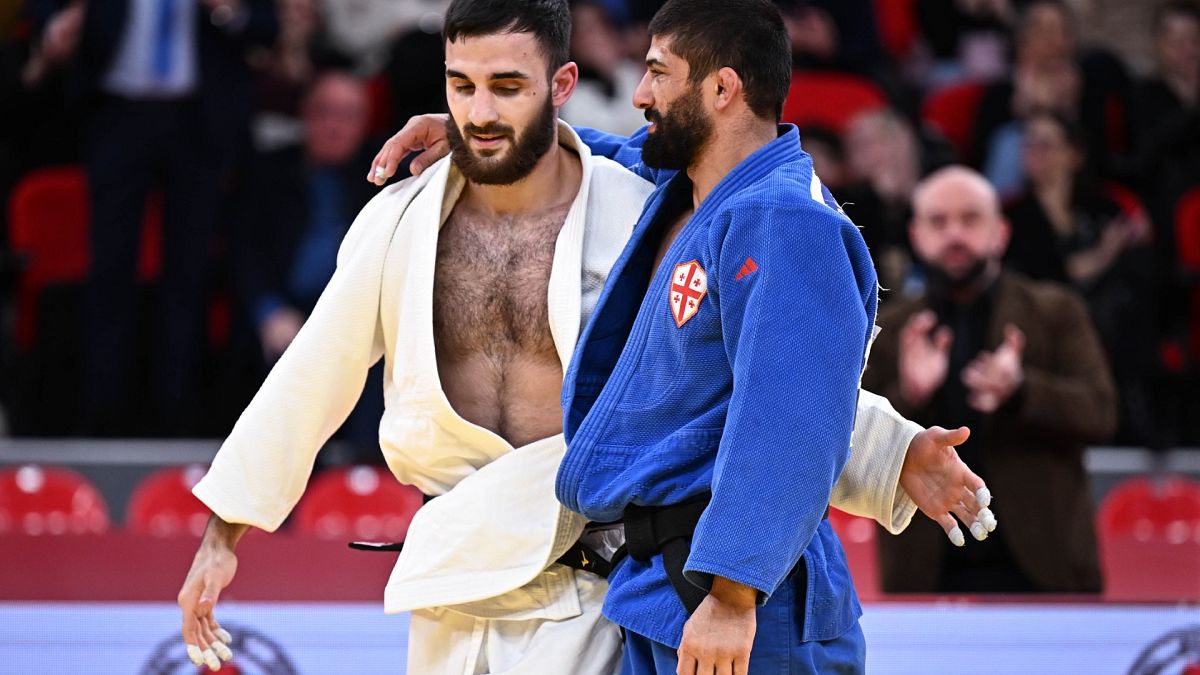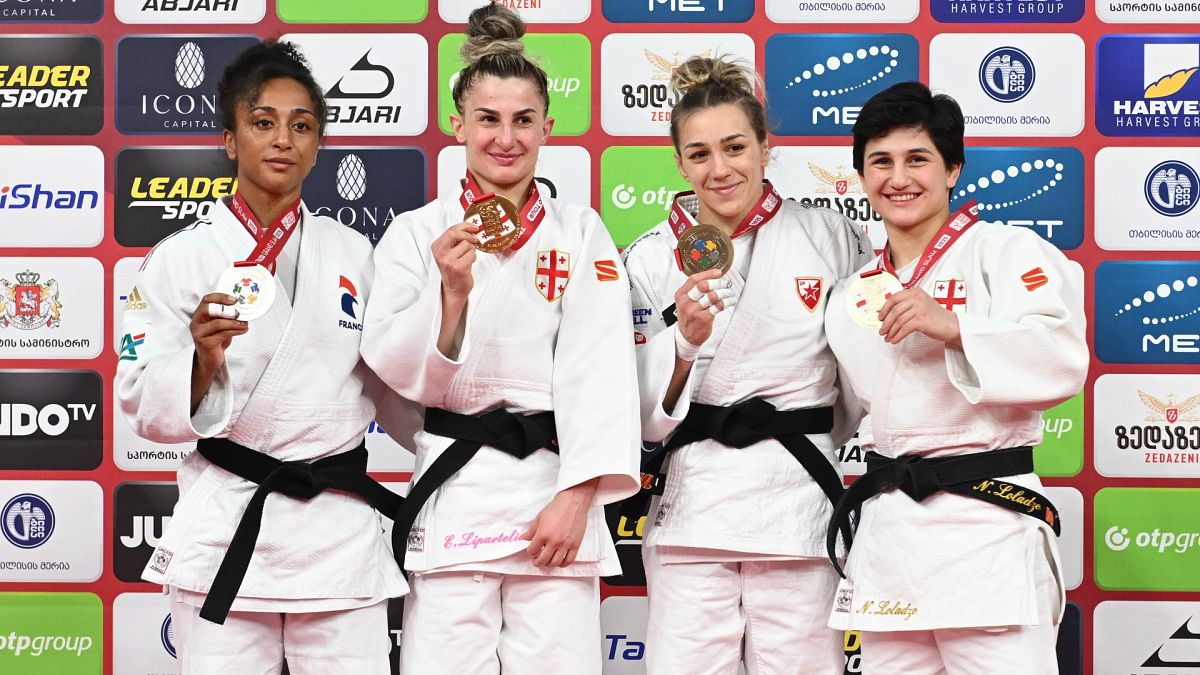Is football becoming less competitive than before?
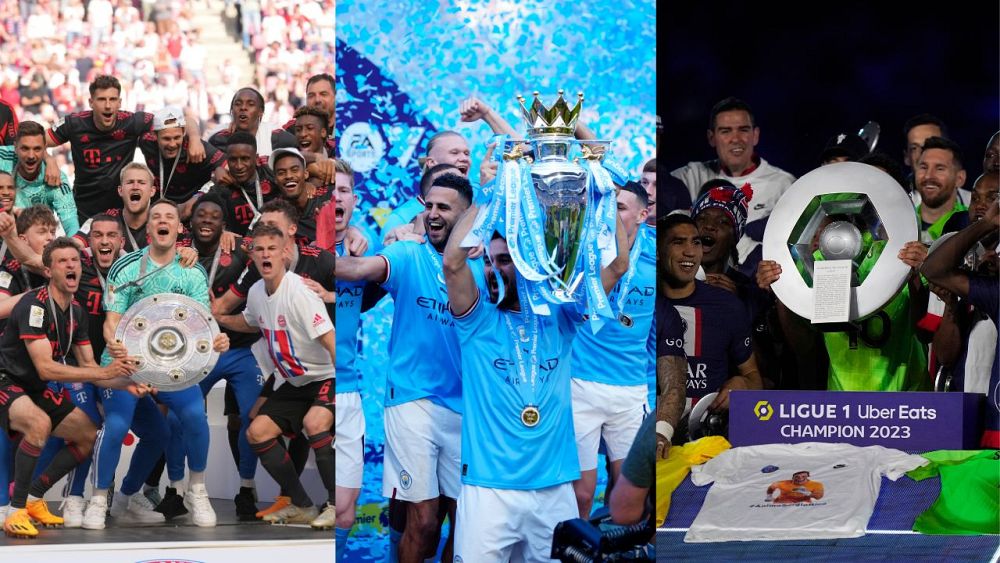
From tactical advancements to increased global exposure, elite level football has seen widespread changes to the game over the last 30 or so years. In partnership with Media City Qatar.
From tactical advancements to increased global exposure, elite level football has seen widespread changes to the game over the last 30 or so years.
One thing that is no different, however, is the desire to win. To bring joy to supporters and players alike by achieving those goals every club has at the beginning of the season. But as a sport that is so associated with finance in the modern day, is it becoming in danger of being less competitive than it used to be?
The problem is that across Europe, some leagues are stuck in a bit of a rut. In England, Manchester City have won four out of the last five Premier League titles. In Germany, Bayern have just picked up their 11th in a row, while in Spain no one other than Real Madrid, Atletico Madrid and Barcelona have won La Liga since Valencia did it in 2004. So, is football becoming more predictable? And how much of a problem actually is this?
“I think football does go in cycles, in terms of who’s at the top’, explained former Premier League footballer Neil Mellor.
“It will be another team in a few years time. I don’t like to see that dominance, but it happens in every country at the moment.”
There are, of course, exceptions to every rule. And this is why we as football fans love the sport so much. There is the rare occasion where smaller teams can achieve big success, but these moments are becoming fewer and further between.
Mellor continued, “I do think the Premier League is the most competitive league because of how much money it generates. For example, a team like Bournemouth, towards the bottom, can spend in excess of £100million in a window, which means if the top teams aren’t at it, they can come unstuck a lot more frequently against teams lower down the table. We’ve seen that this season with the likes of Liverpool and Chelsea, who have really struggled for form.”
The problem is the big teams always come out on top over the course of a season. Despite one-off ‘freak’ results, eventually the same teams always win. This is what Alex Batt, journalist for GiveMeSport, believes is football’s biggest headache at the moment.
“I think the main concern is that people begin a new season pretty much able to predict the future. They already think, ‘well, City are going to win it again this year’. I think that’s the biggest problem for English football, because at least previously you had three or four teams that could be in the mix.”
But what about from a player’s perspective? Ex-Brazil defender Gilberto Silva was part of one of the best Premier League teams of all time, winning the trophy as a member of Arsenal’s unbeaten ‘invincible’ teams. He believes that the sport has evolved a lot since the days of him playing in England.
“It was really, really competitive when I was there,” Gilberto told us, “now when I look at the players on the field, they look a lot more athletic. They are a lot more broad in their size and they’re a lot more physical. From generation to generation, things like club infrastructure and information are improving.”
The game is changing a lot, and if things are becoming less competitive, how do we stop this? Can it be reversed? When you look at other sports, there are some innovative efforts being made to keep things on a level playing field. In Formula 1, teams who finish lower in the championship standings are entitled to more wind tunnel time the following season in order to run more tests on their cars. As well as this, the entire grid is now bound by a cost cap, in an attempt to stop the richer teams from running away with races every week.
Over in America, the NFL operate their famous ‘draft’ system, where the teams with the worst records at the end of a season get first refusal on the top young stars coming out of college level football. Franchises also have salary caps that apply to their whole roster, meaning if they want to trade for another superstar, room for them has to be made financially.
So, with the same teams continually winning the big prizes, it may be time for football to rethink its strategy. The inspiration is out there, but only time will tell if governing bodies like FIFA and UEFA are open to change.
Source: Euro News


